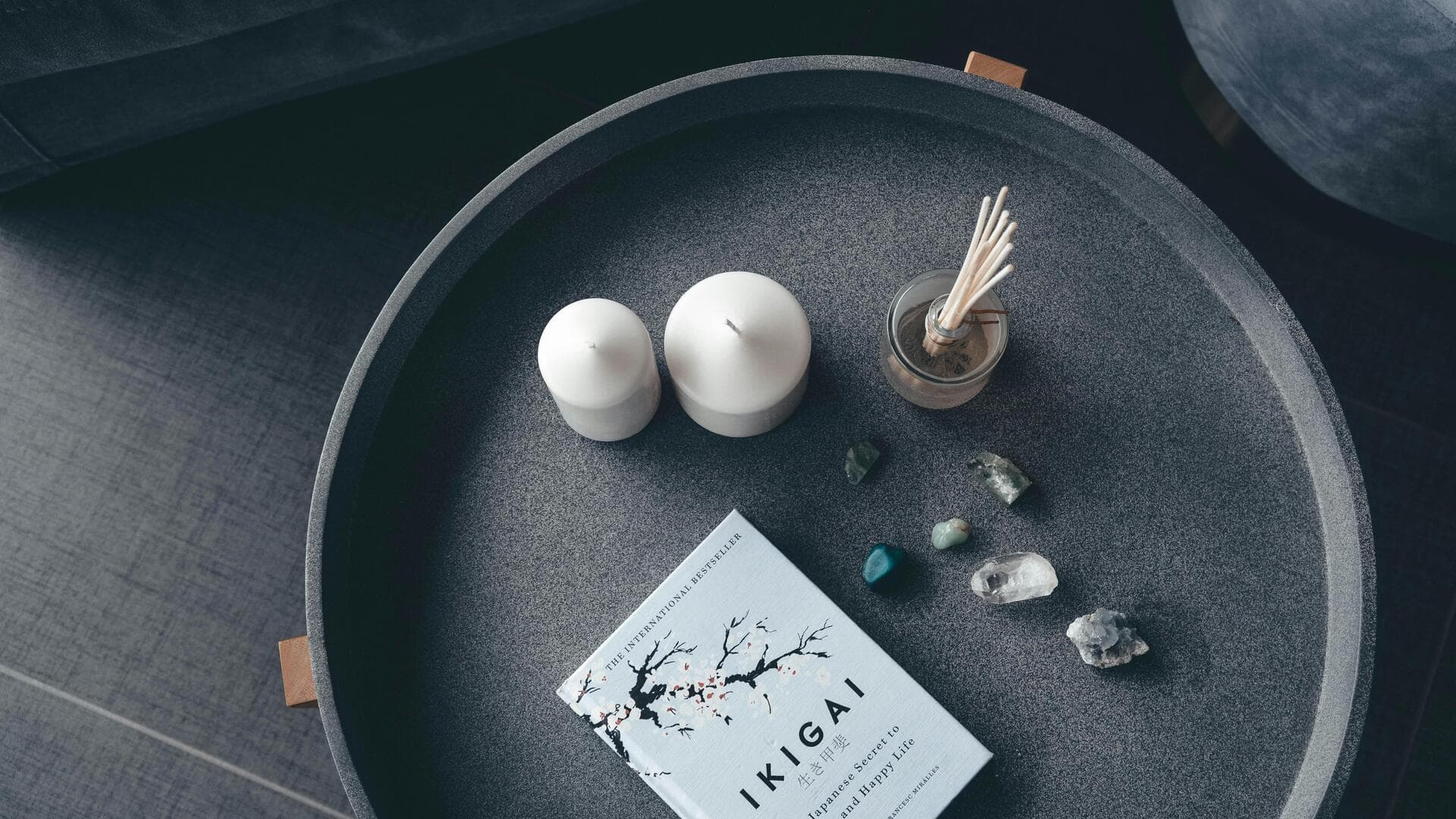
Japanese aesthetic concepts that will change how you see beauty
What's the story
Japanese culture is famous for its unique aesthetics, which have influenced art, architecture, and daily life. These concepts are deeply rooted in history and philosophy, offering a glimpse into the Japanese way of seeing the world. From simplicity to the beauty of nature, these aesthetics have shaped how people appreciate beauty and harmony. Here are five key aesthetic concepts that define Japan's cultural identity.
Imperfect beauty
Wabi-sabi: Embracing imperfection
Wabi-sabi is the art of finding beauty in imperfection and transience. It celebrates the natural cycle of growth and decay, encouraging people to appreciate the flawed or imperfect. This concept can be seen in traditional tea ceremonies where simple, rustic objects are valued over ornate ones. Wabi-sabi teaches acceptance of imperfection as a part of life.
Transient beauty
Mono no aware: The pathos of things
Mono no aware is the sensitivity to ephemera and the beauty in its transience. It encourages people to appreciate moments as fleeting, adding depth to experiences. This concept is often reflected in cherry blossom viewing (hanami), where people gather to enjoy the blossoms' short-lived beauty. Mono no aware deepens emotional connections with nature and life.
Understated refinement
Shibui: Subtle elegance
Shibui is all about subtlety and minimalism without compromising on sophistication. It is about finding balance in simplicity and complexity, and valuing restraint over excess. Shibui can be seen in Japanese design elements like Zen gardens or simple pottery that exude elegance without being loud. This aesthetic encourages mindfulness and appreciation for understated beauty.
Purposeful living
Ikigai: Finding purpose in simplicity
Ikigai is about finding purpose or meaning in life through simple pleasures or daily activities. It combines elements of passion, mission, vocation, and profession into one harmonious existence. This concept encourages individuals to seek fulfillment through work they love while maintaining balance with personal interests outside their profession. Ikigai promotes holistic well-being by integrating purpose into everyday life.
Mysterious depth
Yugen: Profound gracefulness
Yugen refers to an awareness of the universe that triggers a deep emotional response, often described as mysterious gracefulness. It goes beyond what is seen or understood, hinting at the profound depths of existence. This concept is reflected in traditional Noh theater performances, where subtle gestures evoke powerful emotions. Yugen invites contemplation of life's mysteries, inspiring a sense of wonder and connection to the cosmos.